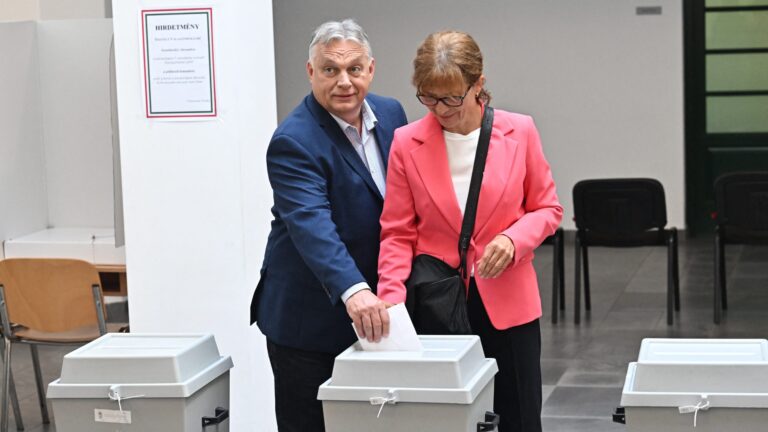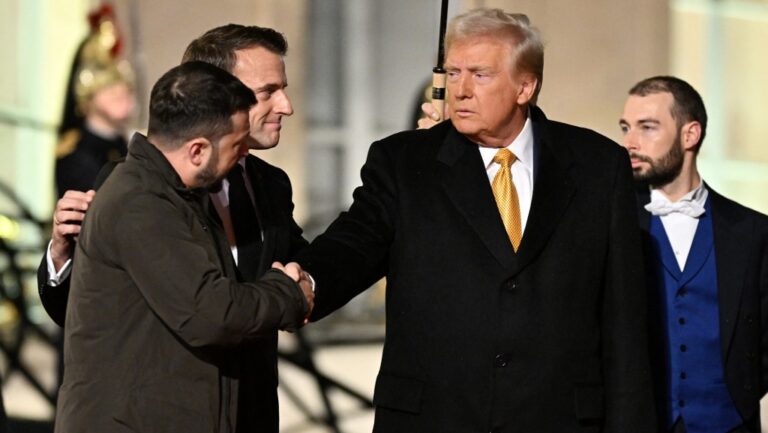‘It is extremely gratifying that, following the agreement with the Finns, a Turkish–Swedish agreement has now been reached as well. In my opinion, Hungary has contributed to that with its approach in this matter. We have reason to be pleased that we managed to bring this about,’ Fidesz Chairman of the Foreign Affairs Committee of the Hungarian National Assembly Zsolt Németh said on the InfoRádió over the weekend.
When asked why for an outsider it is not clear what Hungary wanted to achieve by stalling Sweden’s NATO accession, as opposed to the Turkish government that made it quite clear from the start, Németh responded that the Swedish-Turkish dispute
had created political opportunities for Hungary.
‘There were undoubtedly very continual close consultations between the Turkish and Hungarian diplomats, right up to the last minute. We believed that if we went along with the Turkish proposals and requests, we could contribute to an agreement. This has been confirmed in retrospect,’ he said, referring to his participation in a delegation that previously travelled to Sweden and Finland prior to the start of the ratification debate.
Németh stated that the question of Swedish accession is currently before the Hungarian parliament for a final vote, and he believes that the Turkish parliament will follow suit in the coming months, aligning with the developments in Hungary. He also discussed Hungary’s separate agenda regarding Sweden’s NATO accession, pointing out that what prompted Budapest’s reluctance were the hostile gestures shown by Swedish political actors towards Hungary. He cited as an example that Ulf Kristersson, the current Swedish Prime Minister, ‘actively lobbied within the framework of the European People’s Party to exclude Fidesz.’
When asked if the essence of the Hungarian-Turkish cooperation was merely a gesture to Turkey to not let them be the only one in dispute with the Swedes, Németh responded: ‘If someone wants to greatly simplify what happened, then it may be interpreted that way.’ He expressed his belief that the Hungarian government
has successfully engaged in a complex diplomatic game.
‘It would not be easy to pinpoint one thing [behind the success], but I find it gratifying that the entire package has come together and can contribute to stabilising Turkey’s position and role within NATO and international security in the coming period,’ he said.
Last week, NATO Secretary-General Jens Stoltenberg announced that Turkey would ultimately support Sweden’s accession. Sweden and Finland decided last May, following the outbreak of the Russo-Ukrainian war, to give up their military independence and ask to join NATO. At last year’s NATO summit, it seemed that it would be only a matter of months before the two countries, both of which have a strong military, would become members of the alliance. In June of last year, it was finally announced that the path to NATO was open for both Sweden and Finland.
After the Hungarian delegation visited both Nordic candidate countries earlier this year, Hungarian Conservative interviewed Zsolt Németh. In that interview, the Fidesz politician highlighted that the Hungarian delegation was received at a very high level in both countries, probably also because their Swedish and Finnish counterparts sensed that the ‘tone in which they had spoken about Hungary’ in international fora was unacceptable, especially considering that they wished to become NATO members and thus the ‘brothers in arms’ of the Hungarians. Németh explained that during the talks the Hungarian side conveyed the message that on the one hand, Budapest supports the expansion of NATO, but on the other hand expect to ‘open a new chapter in bilateral relations with Stockholm and Helsinki.
The Foreign Affairs Committee Chairman also nailed down in the March interview that while the relationship with Sweden and Finland was fraught at the time, Hungary’s ‘relations with these two nations go back a long way.’ Zsolt Németh explained that the NATO accession process offered an opportunity to overcome the disagreements ‘get past the grievances.’
Read more:







